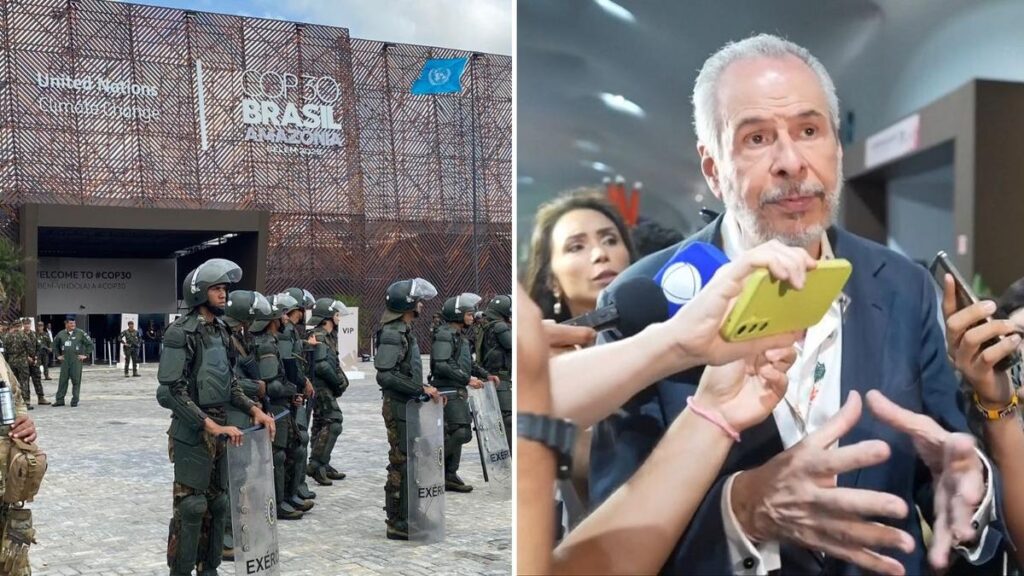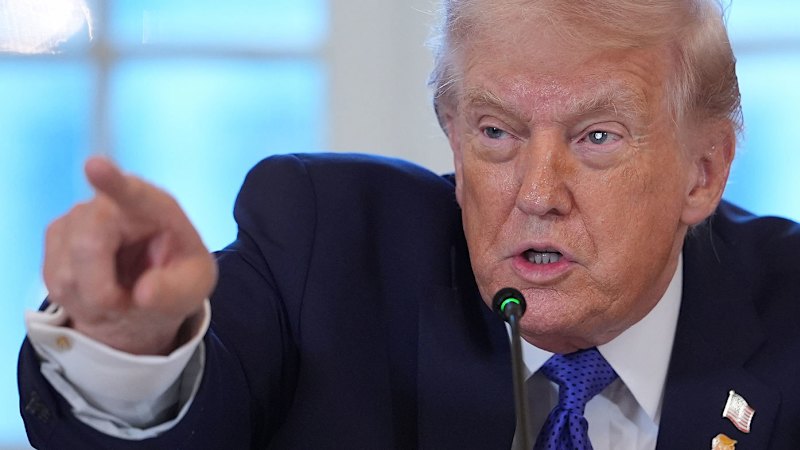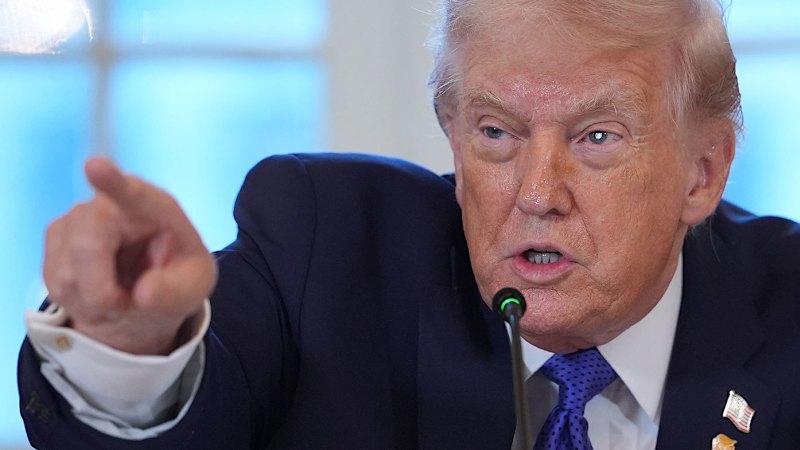
The COP30 summit in Brazil has been extended due to a lack of consensus among representatives from nearly 200 countries regarding future actions on fossil fuels. The ongoing debate centers around whether to support a plan for phasing out coal, oil, and gas. More than 80 nations are advocating for a commitment to reduce fossil fuel dependence, but significant opposition remains, especially from oil-producing countries.
COP30 President André Corrêa do Lago addressed delegates in a public plenary session, emphasizing the need for unity. “This cannot be an agenda that divides us,” he stated, urging participants to continue negotiations. The division over fossil fuels highlights the challenges faced in reaching a consensus at this annual conference, which aims to bolster global efforts to combat climate change.
In the early hours of the summit, Brazil released a draft text for a potential agreement that notably excluded any references to fossil fuels. This omission followed significant pressure from numerous countries, including major oil and gas producers, who deemed earlier proposals regarding fossil fuel reduction unacceptable.
During a press conference, Juan Carlos Monterrey, a negotiator from Panama, expressed concern over the absence of fossil fuel references in the draft agreement. “Failing to name the causes of the climate crisis is not compromise. It is denial,” he remarked, indicating the urgency of addressing the issue directly.
Negotiations have the potential to extend beyond initial deadlines, as they often do at COP summits. A final deal would need to be approved by consensus among participating nations. Notably, the absence of an official delegation from the United States this year, under President Donald Trump, who has previously dismissed global warming as a hoax, adds to the complexity of the discussions.
Corrêa do Lago stressed that the exit of the world’s largest economy underscores the necessity of uniting at COP30. “The world is watching,” he noted, reinforcing the significance of the conference in maintaining the multilateral process.
Countries have been grappling over how best to address fossil fuels, which are the leading contributors to greenhouse gas emissions, a major driver of climate change. Numerous members are advocating for a “roadmap” to fulfill commitments made at COP28 to transition away from fossil fuels.
The European Union’s Climate Commissioner, Wopke Hoekstra, highlighted the importance of this transition during consultations. “We need to make sure that the shift from fossil fuels to clean energy is real and in the text,” he stated, reiterating the necessity of concrete actions to reduce emissions.
A Brazilian negotiator indicated to Reuters that the language concerning fossil fuels is unlikely to be reintroduced into the draft. Instead, the summit presidency appears focused on making only minor adjustments. As discussions continue, the future of international climate policy hangs in the balance, with the outcome of COP30 set to influence global strategies to combat climate change in the years ahead.







